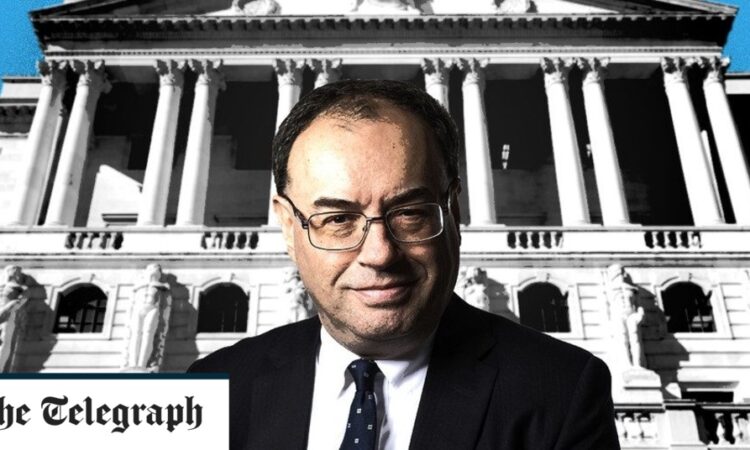
Furthermore, if the Bank succeeds in engineering a full blown recession, with unemployment rising sufficiently to cause people to fear for their jobs, the further decline in real incomes would erode tax revenues while increasing welfare benefits – adding further strain to the public borrowing requirement. It is not clear that this will be politically sustainable or worth the economic damage.
So is there an alternative? Realistically, we should accept that there is no workable policy that could have avoided the impact of the external price shocks feeding through into higher domestic prices and temporarily lower real incomes.
However, rather than seeking to reduce real incomes further, the alternative might be to seek to validate a return to higher real incomes through economic growth – with the hope that a more positive outlook would reduce rather than exacerbate the militancy of employees in their pay demands.
This approach would imply keeping interest rates at more affordable levels, together with modest targeted tax cuts that help with the short term cost of living – made affordable by higher tax revenues and lower benefit costs as the economy grows. Higher rather than lower real wages might also encourage the investment in labour saving productivity measures which are the only long term source of per capita income growth.
Sadly, the disastrous market response to the overblown and poorly-executed tax cuts in the September Budget last year has made this approach more difficult to return to – both in terms of market and political credibility. Even challenging the current strategy risks upsetting market confidence.
But as the increasing cost of the current approach mounts up, those whispers may start getting louder.
Lord Blackwell is a former Chairman of Lloyds Banking Group and was Head of the No 10 Policy Unit under Sir John Major






